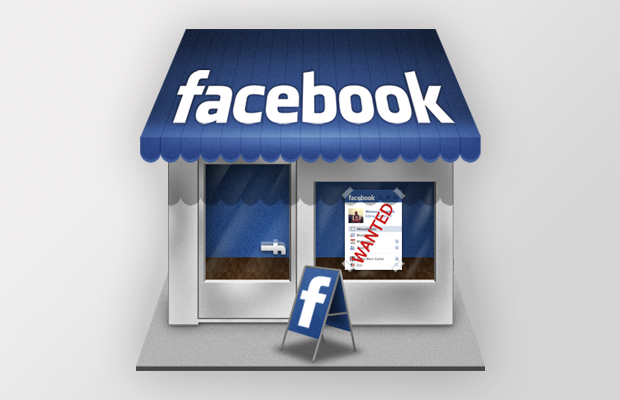10 Steps to Avoid Failure on Facebook
Aisling Brennan, 25-Mar-2016
- Stop Focusing on the Wrong Metrics (i.e. Getting Likes for your Page).
Social Media is about exposure. A link to your website if infinitely more valuable than a like, comment or share. While there's certainly nothing wrong with asking visitors to "Like your Facebook page" or share a post, these calls-to-action should always be secondary to linking to your website, subscribing to your email list, etc. - Stop Forgetting to Complete Your Profile Page.
Ensure all business details are completed on your business page, including clear branding, address, opening hours, phone number, website URL, products/services offered. Don't make your fans hunt for these details. Because they won’t. - Stop Spamming your Fans
The essence of Facebook is engagement. People go to Facebook to make a connection or feel part of a community. Treat them as such. Remember the 70-20-10 rule. 70% of a business posts should include information that is relevant and valuable to its target audiences. 20% should be content that is shared, and just 10% should focus on your promotional events, sales, and upcoming products. - Stop the Inconsistency
Consistency is crucial on Facebook, so small business should post unique and engaging content daily, or at least several times per week. Create a content calendar and stick to it. If this is unrealistic given your resources, don't start in the first place. There's nothing worse than stale content or an abandoned page. - Stop Underestimating the Time Required for Facebook.
Social media is time consuming. Although a few tools can help expedite some tasks it needs time dedicated to help nurture and grow your business profile. Some SMEs think once you've set up a page on Facebook, that's all that's required. However that's just the start. It must be updated and monitored constantly. Respond to comments promptly. Be realistic and set aside at least one hour/day to social media. - Stop Being Predictable.
Your content should be engaging, varied and personal. There's nothing worse than boring, predictable content. Think about what type of content your fans would want to share? Include photos, videos, multimedia along with text-only posts. Mix things up. Keep posts short with links to your website for additional info. Check out our tips on writing for the web. - Stop Violating Facebook's Ts&C's
It's important that SMEs know the rules of the road. Some build a community on a personal page rather than a proper Facebook business page, which is a big no-no. Others fail to abide by Facebook's rules concerning contests. And don't even think about "tagging" people in images without their permission. That's a MAJOR violation of the Ts&Cs. Read them here. - Stop Ignoring Video.
Images once were the most shared type of content on Facebook, however video has now overtaken imagery, so SMEs need to start creating video content. It's easy to post video on Facebook and there are some great online tools to help create professional videos, such as animoto, treeopedia, wideo, and videolicious.
In addition, Facebook recently announced that they’re giving priority to livestream video to the top of all newsfeeds. So, look at opportunities with Periscope. Sounds like another great video opportunity for SMEs. - Stop Liking Your Own Updates.
It simply screams of desperation. DON’T DO IT. - Stop Ignoring Your Fans
When your fans post on your timeline, don't ignore them. Answer promptly and politely. Nothing kills goodwill like being ignored. Remember Facebook is about building relationships with existing and prospective customers. Be nice. Be respectful.
As always if you've any questions about Social Media, Digital Marketing, or indeed any of the above, please get in touch.
10 Digital Marketing Tips To Grow Your Small Business Online
To any small business, growing your business online can be a daunting and confusing objective.

